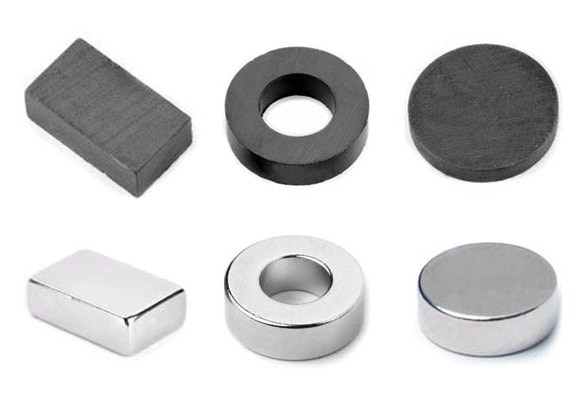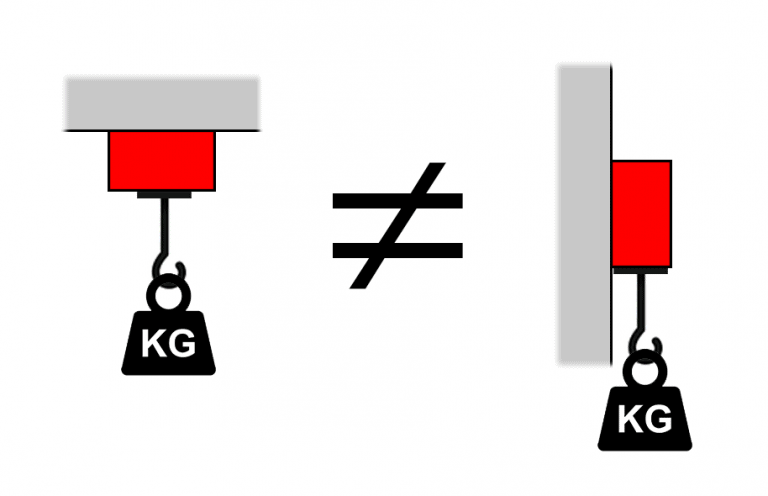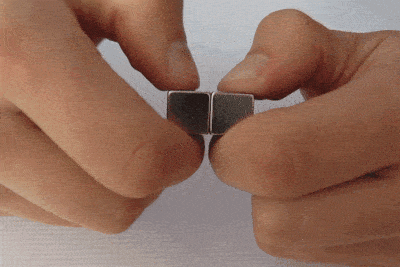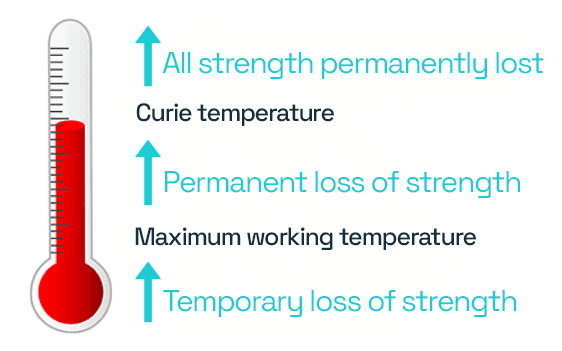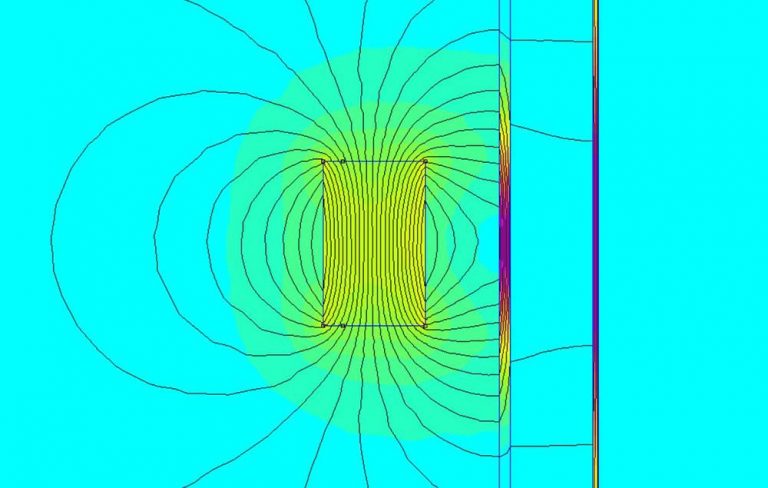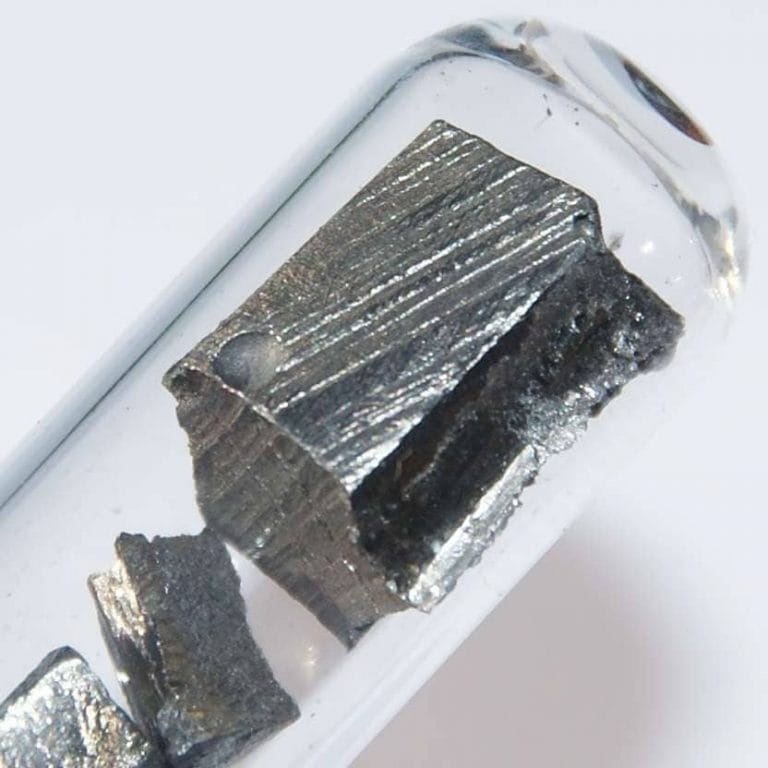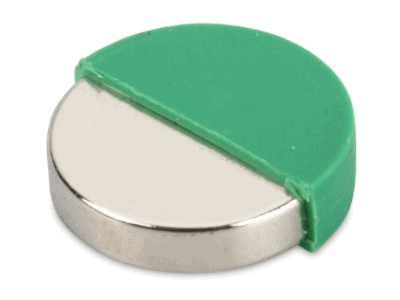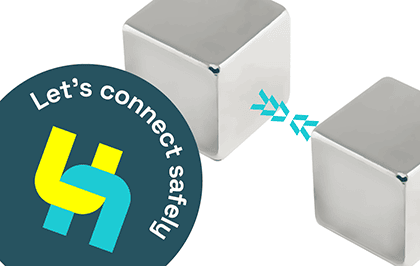Blog – Magnetic ALPHABET
Everything you need to know about magnets – for the right selection and effective use.
-
Magnet strength in kilograms + practical measurements
From theory to practice If you plan to work with magnets, it pays to know what is behind the numbers…
-
Comparison: ferrite and neodymium magnets
In this article, we will compare two types of magnets that we sell in our e-shop: neodymium magnets and ferrite…
-
What is the strength of a magnet in kg?
In our e-shop with magnets, we list the breakaway force in kilograms for each magnet. In order to choose the…
-
How to separate strong magnets (PHOTO, VIDEO)
5 ways to separate strong magnets. What to watch out for when separating? How do magnets connect properly?
-
Can a neodymium magnet lose strength at high or low temperature?
What high temperatures are tolerable for magnets? What about extremely low temperatures? Can repeated heating and cooling damage the magnet? What effect does the shape and surroundings of the magnet have on the temperature resistance?
-
How to shield the magnetic field
Can the magnetic field be shaded so that the magnet attracts from only one side? How to make two magnets stop attracting or repelling each other? Do you need to protect a sensitive device from the effects of magnetic fields?
-
Physical properties of neodymium magnets
Neodymium magnets are made from a compound of neodymium, iron and boron Nd2Fe14B. This material is characterized by very high remanence and maximum energy product, making them the strongest type of magnets in the world. The weakness of neodymium magnets are their low temperature resistance and brittleness.
-
Magnetic calculator
Calculate the strength and other data of a neodymium magnet. Just choose its shape, dimensions and material. Our calculator uses a combination of experimental measurements and theoretical physics to calculate the breakaway force, the magnetic field strength at the surface, and other parameters of a neodymium magnet as accurately as possible.
-
Which surface treatment to choose?
All neodymium magnets must be covered with a layer of protective material. The NdFeB material reacts with oxygen in the air and the bare magnet would gradually chemically decompose (rust). Which surface treatment is best for you? In addition to nickel, there are various other options: zinc, chrome, gold, epoxy resin, rubber or plastic.

